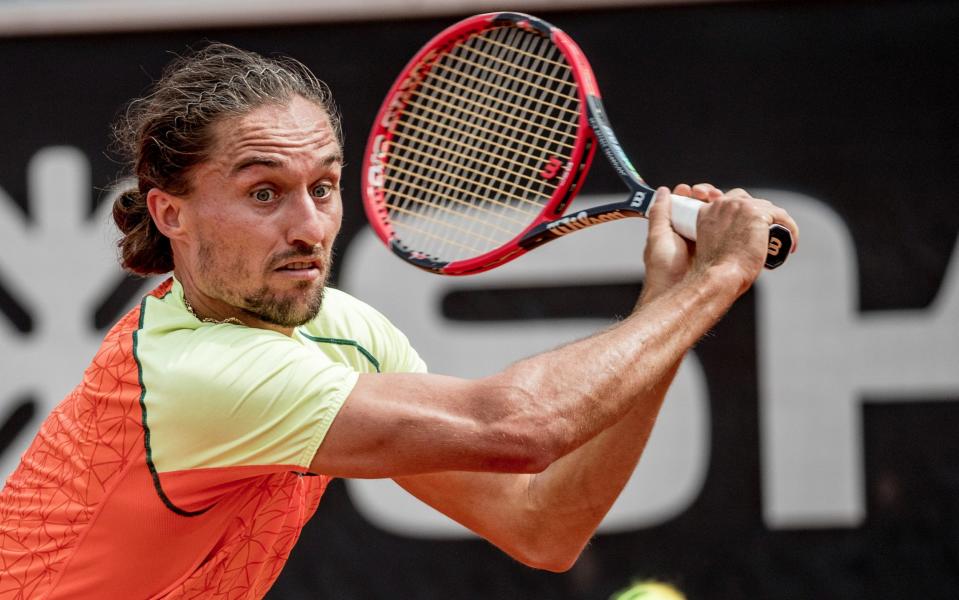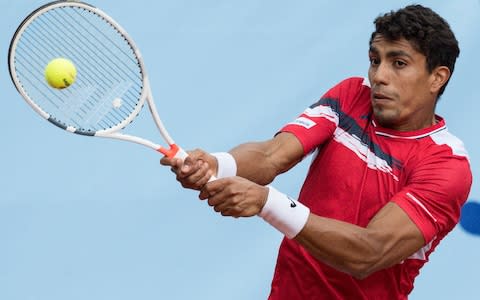Alexander Dolgopolov match investigated amid allegations of match-fixing

In an unusual step, the Tennis Integrity Unit – which polices allegations of match-fixing on the professional tour – has announced that it is investigating an ATP match only a matter of hours after play concluded.
The match in question took place last night, in the first round of North Carolina’s Winston-Salem Open, where Alexander Dolgopolov was defeated 6-3, 6-3 by Thiago Monteiro – a player ranked 51 places below him at No. 114 in the world.
The result might have been a minor upset, on paper. But the more surprising thing was the way that the odds shifted a couple of hours before the players went on court.
Monteiro had started out as a 3/1 outsider on some exchanges, but the odds soon reversed – a sign that significant money was being gambled on the underdog – so that it was Dolgopolov who became the less favoured player.
Responding to these anomalous betting patterns, a number of bookmakers suspended any betting on the match before it had even begun.

A statement released this morning said: “The TIU was made aware of concerns over betting patterns during the match … As with all match alerts, the TIU will assess, make a judgement and take appropriate action on the information received through its co-operative agreements with betting operators.”
Dolgopolov – who is 28 and comes from Ukraine - has previously acknowledged that he was among a group of players who received letters from the TIU soon after its foundation in 2010, but he has never been censured and there is no suggestion the players are under suspicion.
Thus far, the TIU has brought sanctions against 32 players, including ten life bans. However, its critics argue that it has been too unwilling to take on well-known names or fight cases against potential match-fixers who have the money to afford strong legal teams.
After the BBC and Buzzfeed were critical of tennis’s match-fixing safeguards in a joint report published during last year’s Australian Open, the sport has invested in expanding the TIU’s operations and recruiting more investigators. An independent integrity review has also been commissioned, and will deliver its first findings before the end of the year.

 Yahoo Sports
Yahoo Sports 